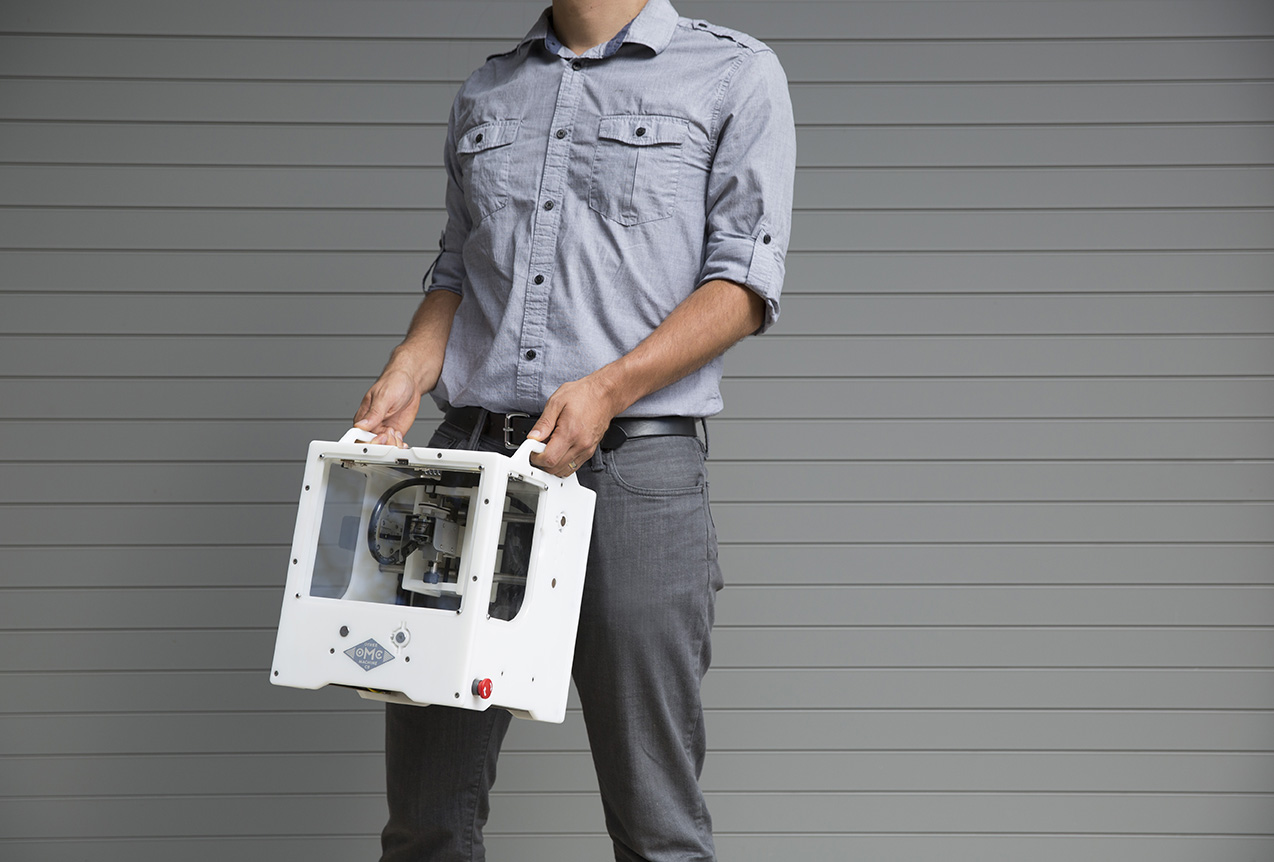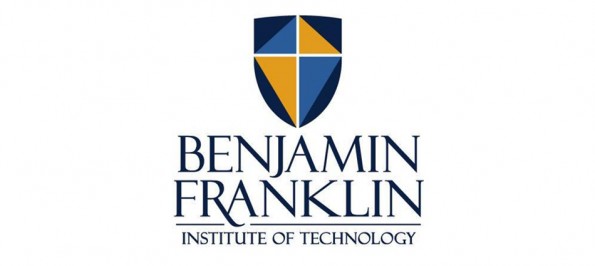3D Fabrication Lab for Benjamin Franklin Institute of Technology – Boston, MA

Who of us is not in awe of the new 3D “additive” manufacturing technologies (which most people call 3D printing, thought this term only describes a fraction of the fabrication types). But how do you actually do it?
When learning new equipment, the single best thing to do is to interact with the machine yourself and to watch someone else who knows what their doing interact separately with an identical machine.
Sorensen Partners designed a Maker Space / Fabrication Lab and recommended equipment for Benjamin Franklin Institute of Technology (BFIT), a technical college located in Boston. We researched and advised on the purchase of two professional-grade machines and additional equipment, mazimizing robustness, versatility, and applicability to BFIT’s building technology and automotive curricula. The lab was designed to be visible from or visually linked from central areas of the school.
 Our pedagogical goal was to showcase additive manufacturing technologies – where materials are built-up to create a prototype – alongside more traditional subtractive manufacturing machines (laser cutters and routers) in a resource-rich peer-directed learning environment.
Our pedagogical goal was to showcase additive manufacturing technologies – where materials are built-up to create a prototype – alongside more traditional subtractive manufacturing machines (laser cutters and routers) in a resource-rich peer-directed learning environment.
We also helped BFIT plan for the integration of the Maker Space into the curriculum. An important aspect of this was keeping the Maker Space independent from any one department and finding ways to attract a constituency.
If you’re trying to learn about why and how these new technologies are changing the way we learn and what we can produce, watch Chris Anderson, former editor of Wired, give the 2013 WorldAffairs Keynote on The Maker Revolution.
We are big fans of OtherLab, a San-Francisco-based company that combines the best of engineering, design, and cost-effectiveness to roll out ground-breaking manufacturing technology to each and every one of us. Their Othermill is featured in the image above.
Our pedagogical goal is to showcase additive manufacturing technologies – where materials are built-up to create a prototype – alongside more traditional subtractive manufacturing machines (laser cutters and routers) in a resource-rich peer-directed learning environment.
We recommended and worked with BFIT to customize and implement a student monitor program with expert training and peer-to-peer mentoring. Glowing green buttons worn by the student monitors give them visibility in recruiting peers to use the space. The buttons flash when the students are en route to the Maker Space, and students’ work-study pay kicks in once they log in for work – incentivizing them to attract demand for the new space.

